Think of Switzerland, and you surely don't think of whisky. But like so many other things, just because the Swiss did not invent it does not mean that they will not try to make it... and make it well!
Whisky Connoisseurs
The Swiss love of whisky can be attested to the import numbers of some 1.9 million liters per year. At present, there are 59 brands of whisky in Switzerland from some 20 or so distillers, producing about 55'000 liters a year. (This is not very much considering that there are over 100 distillers in Scotland alone.) However, whisky production has only been legal in Switzerland since July 1, 1999.
With the most consumed and well known whiskies being aged for at least 10 years (during which the angels get their fair share), one might not expect Swiss whiskies to be much good.
Yet, the Swiss are gaining international recognition for their Aqua Vitae, and even the experts from Scotland agree that the Swiss have a knack for distilling fine spirits. This undoubtedly lies in the long tradition of distilling fruit brandies like Williams and Kirschwasser.
Getting with the Times
Until July 1, 1999, Swiss law prohibited the use of staple foods such as grains and potatoes to be used for the purpose of distilling. However, with pressures from the WTO, Switzerland gave up the law which was also used to lower the tariffs on imported spirits. Most distillers in Switzerland will claim that this has hurt their industry, however, for others it has resulted in an opportunity to distill other spirits like whisky and vodka.
Back to the question on age, Swiss law - like Scottish law - only allows a distillate made from malt to be called whisky after it has spent at least three years in the barrel. The Swiss admire the Scottish tradition, which is also why they have chosen the Scottish and not the Irish/American spelling of whisky.
Here are five distillers you should check out if you are interested in Swiss whiskies:
- Holle Single Malt: Switzerland’s first whisky. Back in the 1990's, the Bader family decided to start brewing their own beer after they ran out one hot summer. On their small farm in Lauwil in Baselland, the family also distilled their fruit brandy. In 1999, they decided to try their hand at whisky. The whisky is aged in white and red Burgundy barrels. The result is Holle Single Malt. This whisky is characterized by notes of honey and caramelized apples.
- Appenzeller Säntis Malt: An offspring from Switzerland’s largest independent brewery, Brauerei Locher, Appenzeller Säntis Malt was first distilled in 1999. The distillery offers the largest production and diversity of labels. Since 2003, the distillery only uses barley and grains grown in Switzerland’s mountain areas. In 2010, Jim Murray, the world’s most renowned whisky expert, declared Appenzeller Säntis Malt European Whisky of the Year. In recent tastings, Appenzeller Säntis Malt has been beating Scottish whiskies. The whisky is aged in old beer barrels and distinguishes itself for its caramel and honey flavours.
- Rugenbräu Swiss Highland Single Malt: One of the newer players in the field, this whisky is not to be underestimated. Coming from Interlaken, a city in the vizier of Scottish travelers for well over 100 years, this single malt is also produced by a brewery. However, the whisky is not aged in beer barrels, but in white oak sherry barrels. When Jim McEwan, Master Distiller and part owner of Islay distillery Bruichladdich, saw the production and tasted it, he immediately decided to become a patron and advisor of the distillery. He writes the tasting notes for all the whiskies from Rugenbräu. They also have a whisky that is aged on top of the Jungfrau. These whiskies have notes of cedar and pepper.
- Johnett: This is the offspring of the Etter Family distillery in Zug, which is most famous for its high quality fruit brandies, especially Kirschwasser. Teaming up with the Baar Brewery for their malt and using barrels from the Ottiger winery in Lucerne, Jonett is aged in the wet Höllgrotten (Baar Hell Caves). Johnett has dried-fruit notes, is lightly spicy and nutty.
- Single Lakeland Malt Whisky: Near Biel/Bienne Switzerland the family Zürcher produces their own whisky. Another traditional fruit brandy distiller, the family started making whisky in 2000. The single malt is aged in Sherry barrels for at least three years and due to its low production rate, sells out almost upon release. Jim Murray rates every filling with the 2003 receiving 94/100 points. These whiskies have dried-fruit notes and vanilla.
Try, buy and learn more about these whiskeys!
Sampling Whiskey in Switzerland
If you are looking to try some Swiss whisky, start with the above mentioned distillers. I am a personal fan of the Appenzeller Säntis Malt, especially the new Föhn Sturm (Hot Southern Wind Storm) which has a brilliant bottle.
The Swiss Highland Single Malt is also a very good whisky. For your best bet of trying before you buy, head to the Whiskyschiff in Zurich from November 27 - 30, 2014.
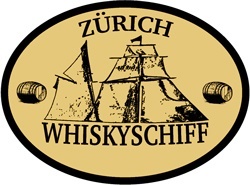
And just in time for the Whiskyschiff, look out for Tom Wyss’s new book: Schweizer Whisky inkl. Liechtenstein (ISBN: 978-3-033-03682-6)

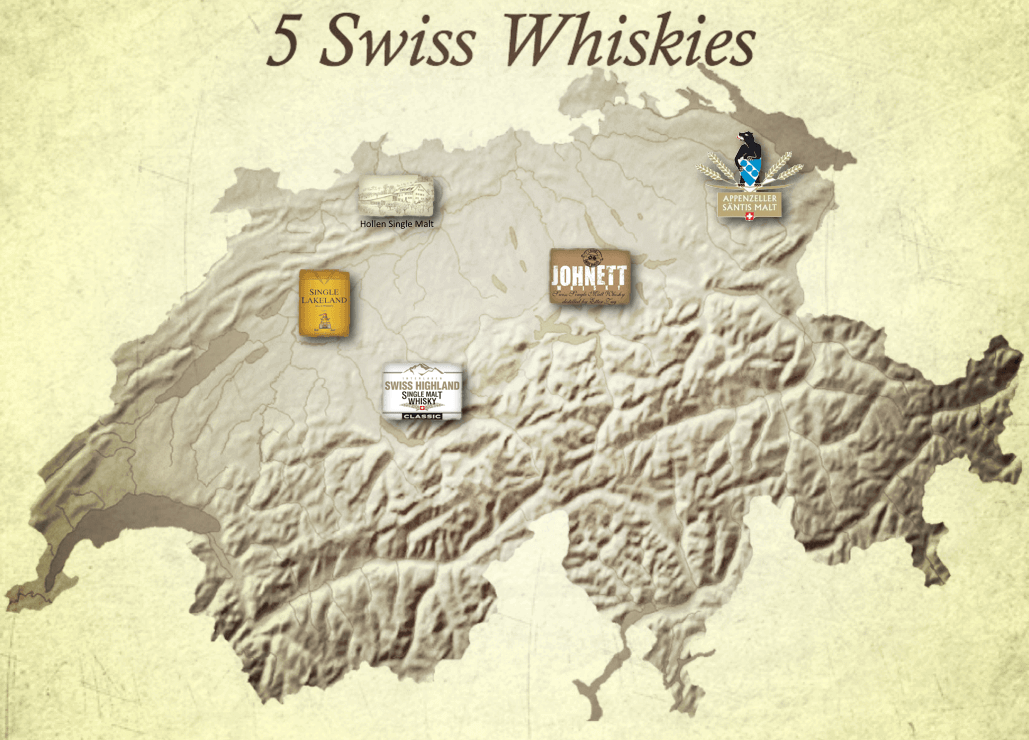
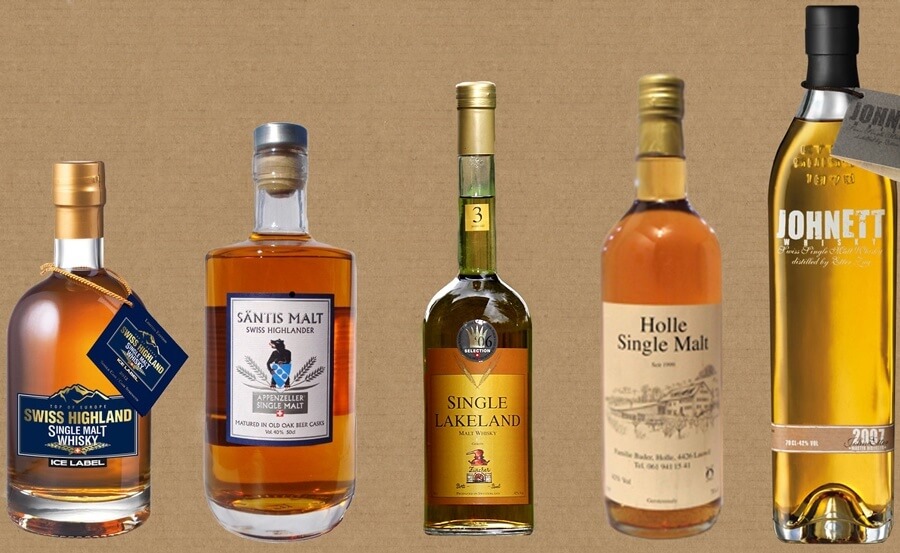
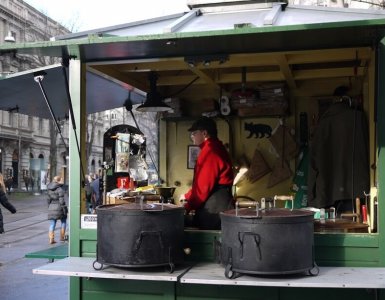
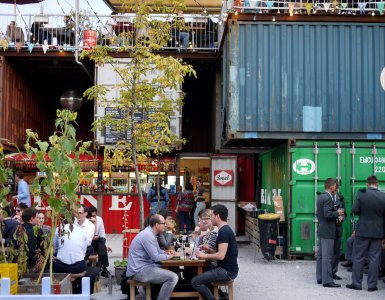
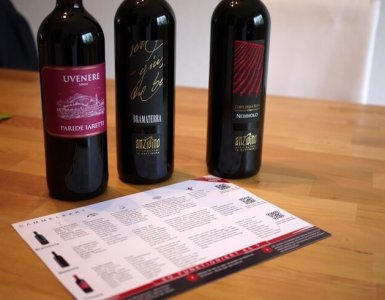

It is many years since I last visited Switzerland (32 to be exact) but perhaps about time to make a return trip. I remember Appenzell well though (and the beer).
Sounds as if they are giving the Scottish whisky industry a run for its money too.
[…] Gin, Appenzeller Säntis Malt Whisky, the Flauder soda and Appenzeller Pantli […]